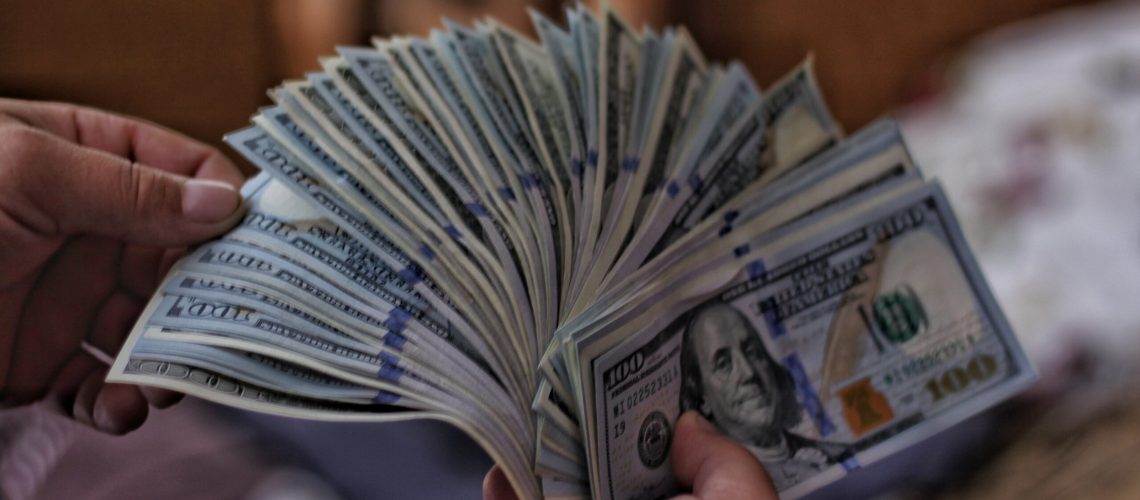Bribery: “The Dangerous Gift”
You may have heard recently about the FIFA bribery scandal. These are only the latest developments in an ongoing narrative of corruption and fraud plaguing FIFA’s public image this summer.
The Department of Justice just indicted fourteen foreign soccer and business officials on bribery charges.[1] It claims the officials accepted bribes from sports marketing executives in exchange for broadcast rights to the World Cup. The Department of Justice claims FIFA’s broadcasting practice unfairly disadvantages other sports broadcasting executives.
The FIFA charges (and bribery accusations in general) bear witness to how hard it is to safely conduct business in an increasingly regulated society. Bribery prosecutions remind us to keep business and personal relationships separate.
But who, exactly, draws the line between a friendly gesture and a bribe?
The law of bribery straddles the public and the private. It might seem at first blush that a private agreement amongst soccer organizers and broadcasters should remain private. But favors exchanged among private parties can still count as bribery when federal funding or services are at stake.
Federal law makes it illegal for officials to accept or solicit things of value in connection with performing official duties.[2] It criminalizes bribery for private parties receiving federal funding.[3] But it also criminalizes bribery among private parties using federal services, like the mail.[4]
The federal indictment against the FIFA officials alleges that they used wire services and the mail to accept and solicit bribes.[5] The Department of Justice argues that involving the U.S. Mail in the scheme was enough. Ultimately, it is bribery law’s broad scope that lets the Department of Justice indict foreign FIFA officials for their private business practices.
Recently, a jury found former Governor Bob McDonnell of Virginia and his wife guilty of bribery.[6] The governor received gifts from a vitamin company executive — to the tune of a personalized Rolex and free golfing trips. In return, the governor hosted a party for the vitamin company at his residence. He encouraged a state university to conduct research on the company’s product. And he set up meetings between the company executive and key politicians.
In the end, the jury returned guilty verdicts against the governor and his wife.
McDonnell isn’t the first governor to be convicted under this statute: just five years ago, Illinois governor Rod Blagojevic, was convicted on bribery charges when he tried to sell a congressional seat to the highest bidder.[7]
But McDonnell’s conviction stands for something more – the idea, increasingly gaining support among legal scholars, is that bribery law is being interpreted too broadly.
Some scholars appealed Mr. McDonnell’s verdict with amicus briefs on his behalf. They say Mr. McDonnell did not do anything to benefit his briber. They claim that reading the statute to criminalize Mr. McDonnell’s behavior would criminalize a host of harmless exchanges that characterize politics – from accepting a meal to giving a birthday present.
Mr. McDonnell’s appeal, expected to be heard later this year, argues that the bribery statute is unconstitutionally vague about what counts as bribery and what does not.
So what course of action is appropriate for people facing bribery charges?
Retaining a seasoned, reputable attorney is a key component of any successful defense strategy. Good defense attorneys recognize the fine line between gifts and bribes. They advocate for creative resolutions to business disputes. And they can protect the wrongfully accused.










